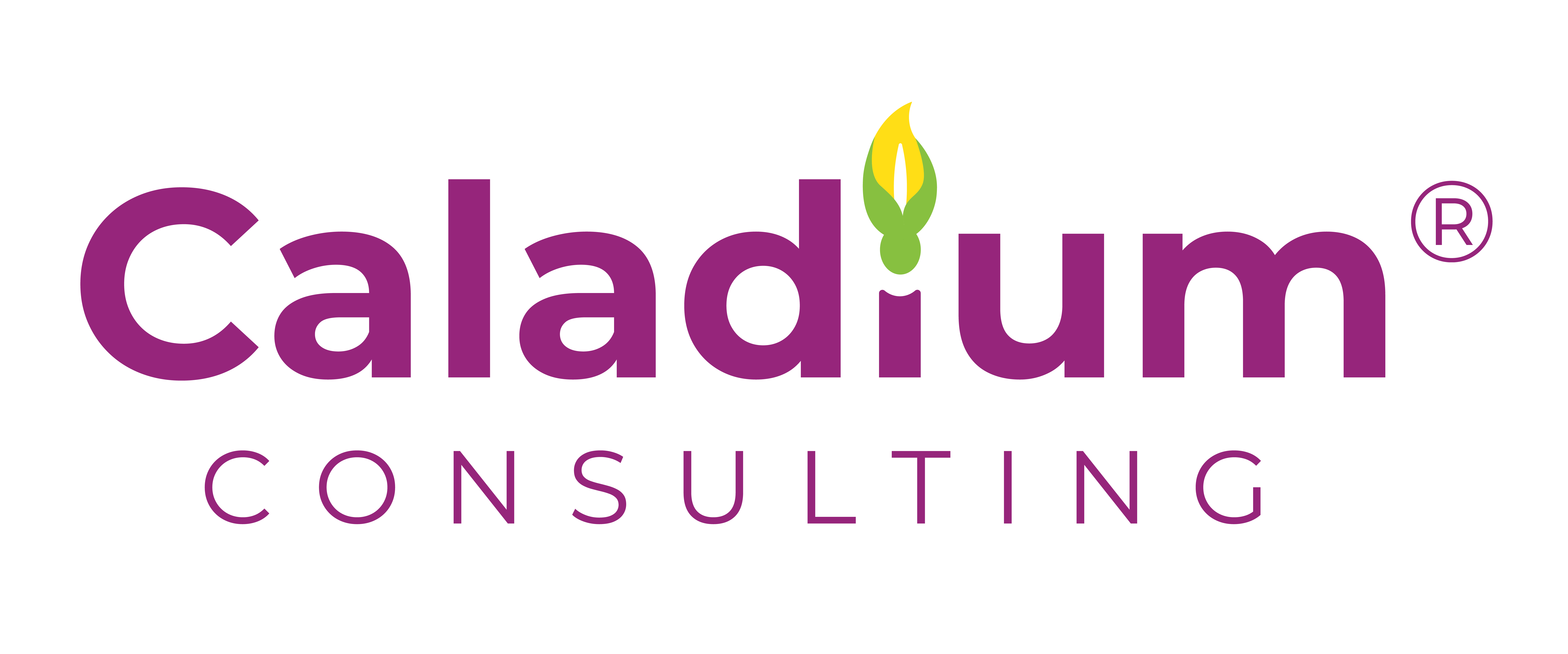The 2024 Caladium Nigeria’s Credit and Banking Industry Factsheet
Overview of the Industry Dynamics
In 2024, Nigeria’s credit and banking sector navigated a complex landscape marked by rapid digital transformation and significant regulatory changes. As demand for accessible financing piles up, the industry’s challenges such as high inflation rates and stringent lending criteria may pose hurdles. However, these challenges also open distinct opportunities for agile and innovative financial institutions ready to adapt and thrive.
Government and Regulatory Impacts on Banking
In 2024, the Nigerian government has actively pushed forward its Financial Inclusion Strategy, introducing significant policies aimed at boosting credit availability, especially for underserved sectors. These initiatives have not only improved the stability and integrity of the financial sector but have also encouraged banks to extend more loans, particularly to small and medium enterprises (SMEs), fostering economic inclusivity and growth.
The private sector’s role remains crucial, with financial institutions that leverage technology to offer personalized and efficient services emerging as leaders, propelling Nigeria’s financial transformation.
Navigating Inflation and Interest Rate Challenges
A primary challenge in the banking industry this year has been managing the repercussions of inflation, which peaked at 33.69%, alongside high interest rates. These conditions have strained traditional banking models and spurred many banks toward innovative solutions like digital banking and alternative lending platforms. With the Monetary Policy Rate (MPR) rising to 18.56%, banks that offer competitive rates and flexible terms are better positioned to manage credit risks and attract more customers.
Key Industry Challenges and Strategic Responses
- Credit Risk Management: Increased non-performing loans have prompted banks to tighten credit assessments, which is crucial for maintaining financial health.
- Digital Transformation Hurdles: Integrating advanced technologies is necessary but requires significant investment and robust cybersecurity measures to protect client data.
- Competitive Pressure from Fintech: The surge in fintech companies has intensified competition, pushing traditional banks to innovate and redefine their service offerings to retain market share.
Despite these challenges, the banking sector remains a backbone of Nigeria’s economy, driving growth through innovative financial products and services that cater to a rapidly changing consumer base. The expansion of digital banking and the rise of fintech are transforming traditional banking models to be more dynamic and responsive.
If you are eager to understand the shifting dynamics of Nigeria’s financial sector in more depth, our 2024 Caladium Nigerian Credit and Banking Industry Factsheet is an invaluable resource.



